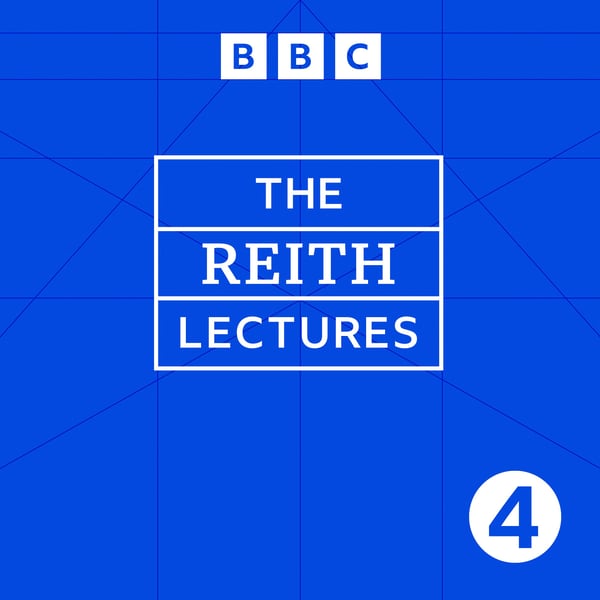Impact of Man on His Environment
The Reith Lectures
BBC
4.2 • 770 Ratings
🗓️ 16 November 1969
⏱️ 29 minutes
🧾️ Download transcript
Summary
The Vice-President of the Conservation Foundation in Washington, DC and renowned ecologist Sir Frank Fraser Darling explores the concept of Man's responsibility for his natural environment in his Reith series entitled 'Wilderness and Plenty'.
In his second lecture entitled 'Impact of Man on His Environment', Sir Fraser Darling explores the continuous affect of man on his natural habitat. Taking examples from prehistoric man, the industrial revolution and modern day technology, he considers whether man has taken all he can from the world to increase growth and development. He explores and criticises how politics and political policies have had a lasting affect on the contamination of the world and its ecology.
Transcript
Click on a timestamp to play from that location
| 0:00.0 | This is a podcast from the archives of the BBC Reith Lectures. |
| 0:04.7 | This lecture in the series Wilderness and Plenty, given by Sir Frank Fraser Darling, |
| 0:09.9 | was originally broadcast in 1969. |
| 0:13.4 | In my first lecture, I said that although man is not yet Lord of Creation, |
| 0:19.2 | he's undoubtedly the dominant species on our planet. Moreover, he's such a |
| 0:24.8 | complex creature that he's constantly challenging and altering his environment. As soon as he became |
| 0:32.0 | man, and we didn't bother just when it was, he began to alter the face of the natural world as it had been until |
| 0:39.3 | then. While he remained a hunter food gatherer, he was little more than another indigenous |
| 0:45.5 | animal, but as soon as he burned wood to keep warm, he was consuming it in a different way from |
| 0:51.9 | natural decay, with different consequences. |
| 0:55.9 | When he used fires and aid to driving wild animals into places where he could kill them easier, |
| 1:02.8 | and by burning bush could encourage hoofed animals to graze on the young grass which followed, |
| 1:10.3 | he'd begun his ceaseless attrition of the natural wilderness. He had begun his ceaseless attrition of the natural wilderness. |
| 1:15.1 | At first, men were presumably few, |
| 1:18.2 | and they evolved on an earth that had already been amassing biological wealth |
| 1:22.7 | for millions of years. |
| 1:25.2 | Their burning of habitat for hunting was, of course, a prodigious expenditure |
| 1:31.0 | of organic matter for momentary expedience. This led to impoverishment of the broad spectrum of species |
| 1:40.2 | of plants. Biological productivity and ecological wealth rest on the wide variety of species, |
| 1:48.0 | which means flexibility and unconscious cooperation within the whole ecosystem. |
| 1:55.0 | When man alters natural ecosystems by design or ignorance, they're usually simplified or made less complete, |
| 2:04.9 | and they lose something of their holistic quality of resistance to invasion by foreign species. |
... |
Transcript will be available on the free plan in -20226 days. Upgrade to see the full transcript now.
Disclaimer: The podcast and artwork embedded on this page are from BBC, and are the property of its owner and not affiliated with or endorsed by Tapesearch.
Generated transcripts are the property of BBC and are distributed freely under the Fair Use doctrine. Transcripts generated by Tapesearch are not guaranteed to be accurate.
Copyright © Tapesearch 2025.

